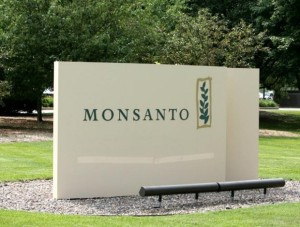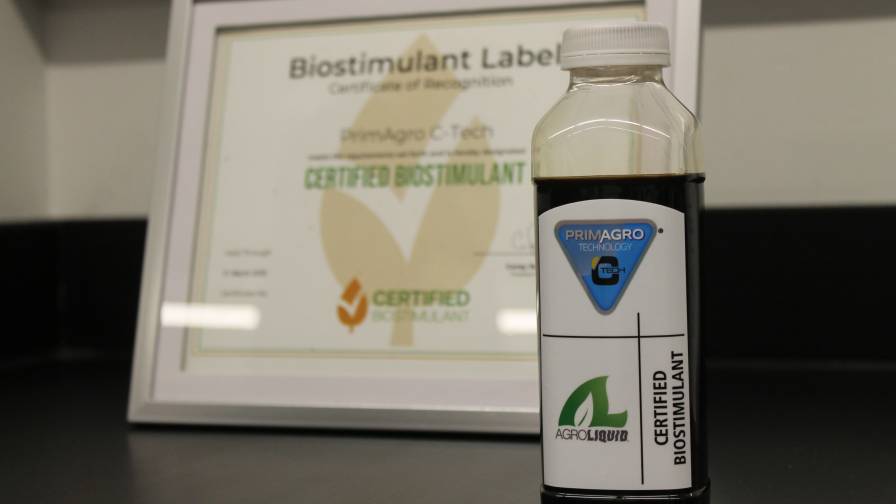Monsanto: Presence Of RR Trait In Oregon Wheat Likely ‘Very Limited’
 Monsanto Co. has released an official statement in response to the USDA’s alleged findings of an unauthorized Roundup Ready wheat trait growing in an Oregon field:
Monsanto Co. has released an official statement in response to the USDA’s alleged findings of an unauthorized Roundup Ready wheat trait growing in an Oregon field:
“While Monsanto will work with the USDA to get to the bottom of the reported genetically modified wheat detection, there are no food, feed or environmental safety concerns associated with the presence of the Roundup Ready gene if it is found to be present in wheat. The U.S. Food and Drug Administration (FDA) confirmed the food and feed safety of Roundup Ready wheat more than a decade ago. The Roundup Ready gene, which is widely used in multiple crops and by millions of farmers globally, has been also reviewed and approved by regulatory authorities in every country around the world to which crops containing that gene have been submitted for cultivation or import approval, including Japan, Korea and the EU.
Over the past decade, an annual average of 58 million acres of wheat have been planted in the United States. This is the first report of the Roundup Ready trait being found out of place since Monsanto’s commercial wheat development program was discontinued nine years ago. Our process for closing out the Roundup Ready wheat program was rigorous, well-documented and audited. We understand that USDA’s findings are based solely on testing samples from a single 80-acre field, on one farm in Oregon, which overwintered from the previous growing season. As is the normal practice in this part of the country, wheat fields are left fallow following the previous harvest and sprayed with glyphosate to control weeds and to preserve soil moisture. The company noted that this report is unusual since the program was discontinued nine years ago, and this is the only report after more than 500 million acres of wheat have been grown. Accordingly, while USDA’s results are unexpected, there is considerable reason to believe that the presence of the Roundup Ready trait in wheat, if determined to be valid, is very limited.
We will work with USDA to confirm their test results and as they consider appropriate next steps. We will also conduct a rigorous investigation to validate the scope of and to address any presence of a Monsanto Roundup Ready event in commercial wheat seed.
Earlier this month, USDA contacted us and requested information pertaining to an investigation into whether hard-to-control wheat from this field may contain a glyphosate-tolerance gene. We have provided materials, methods and offered technical assistance. The necessary testing requires sophisticated methods, considerable expertise and meticulous laboratory techniques to generate reliable results. Commercial test strips, which are used to detect the presence of glyphosate tolerance in soybeans, canola, cotton and sugar beets, generate a very high incidence of false positive detections (greater than 90 percent) and are not reliable for wheat. We have asked for information necessary to confirm the presence of the Roundup Ready trait in the samples that were tested. Up to this point, Monsanto has not received details about the testing USDA has performed, nor has UDSA provided us with samples necessary to verify their findings
Importantly, as all parties work to verify these findings, the glyphosate-tolerance gene used in Roundup Ready wheat has a long history of safe use. The gene that was used in Roundup Ready wheat also produces the same protein that has been and is used widely in corn, soy and several other crops by millions of farmers throughout the world.”
[Related: Kansas Wheat Farmer Sues Monsanto For Gross Negligence]





